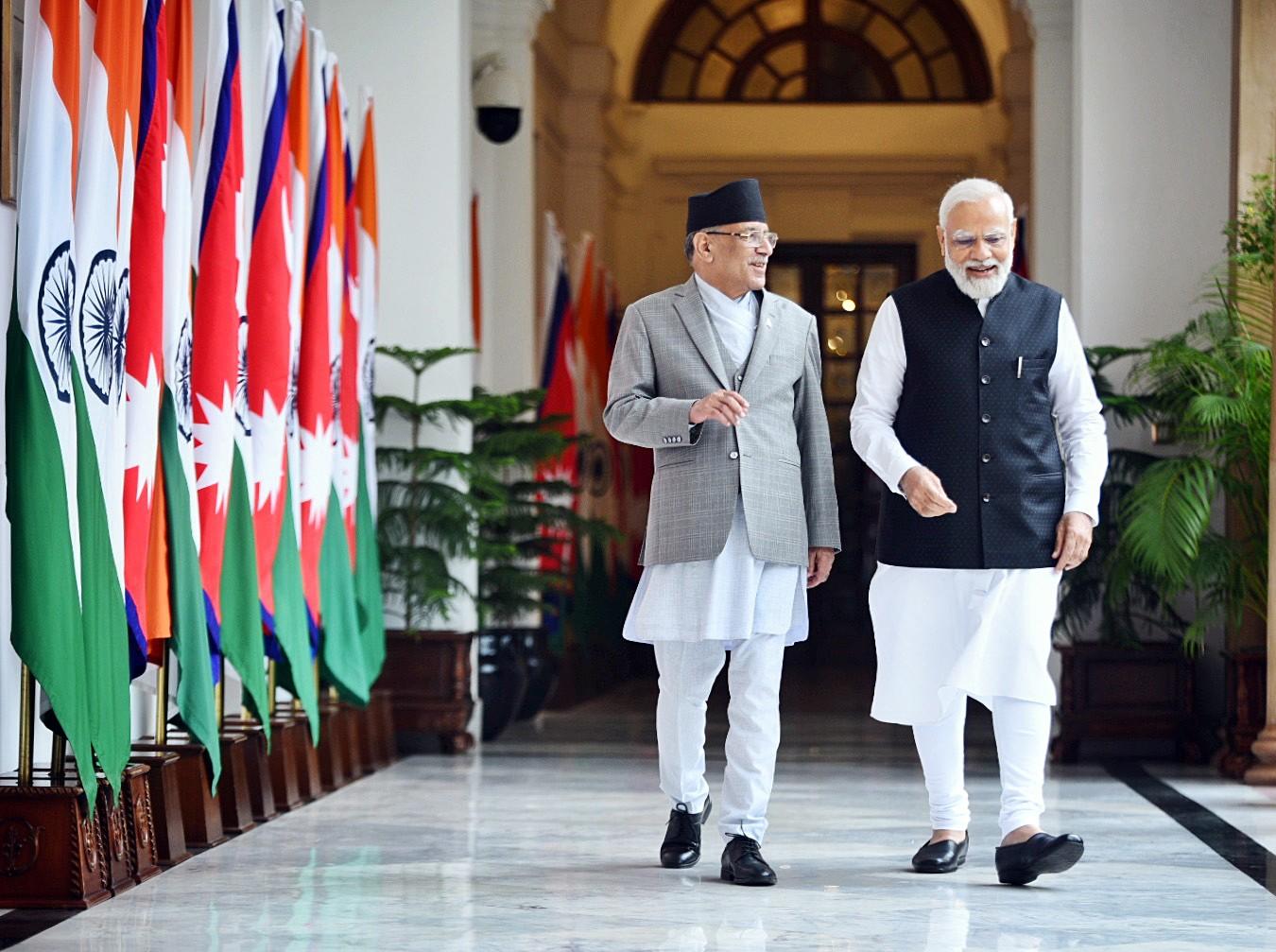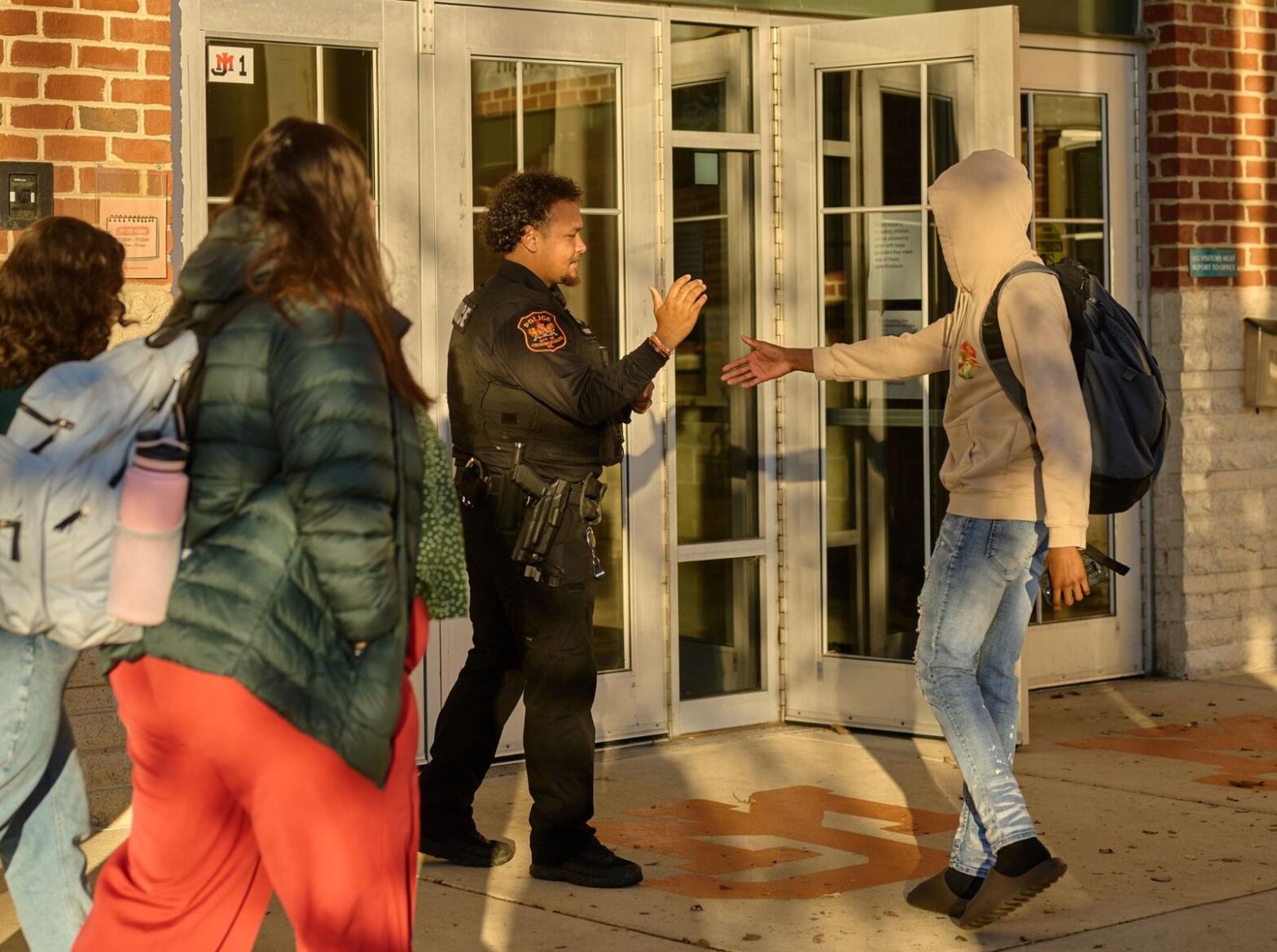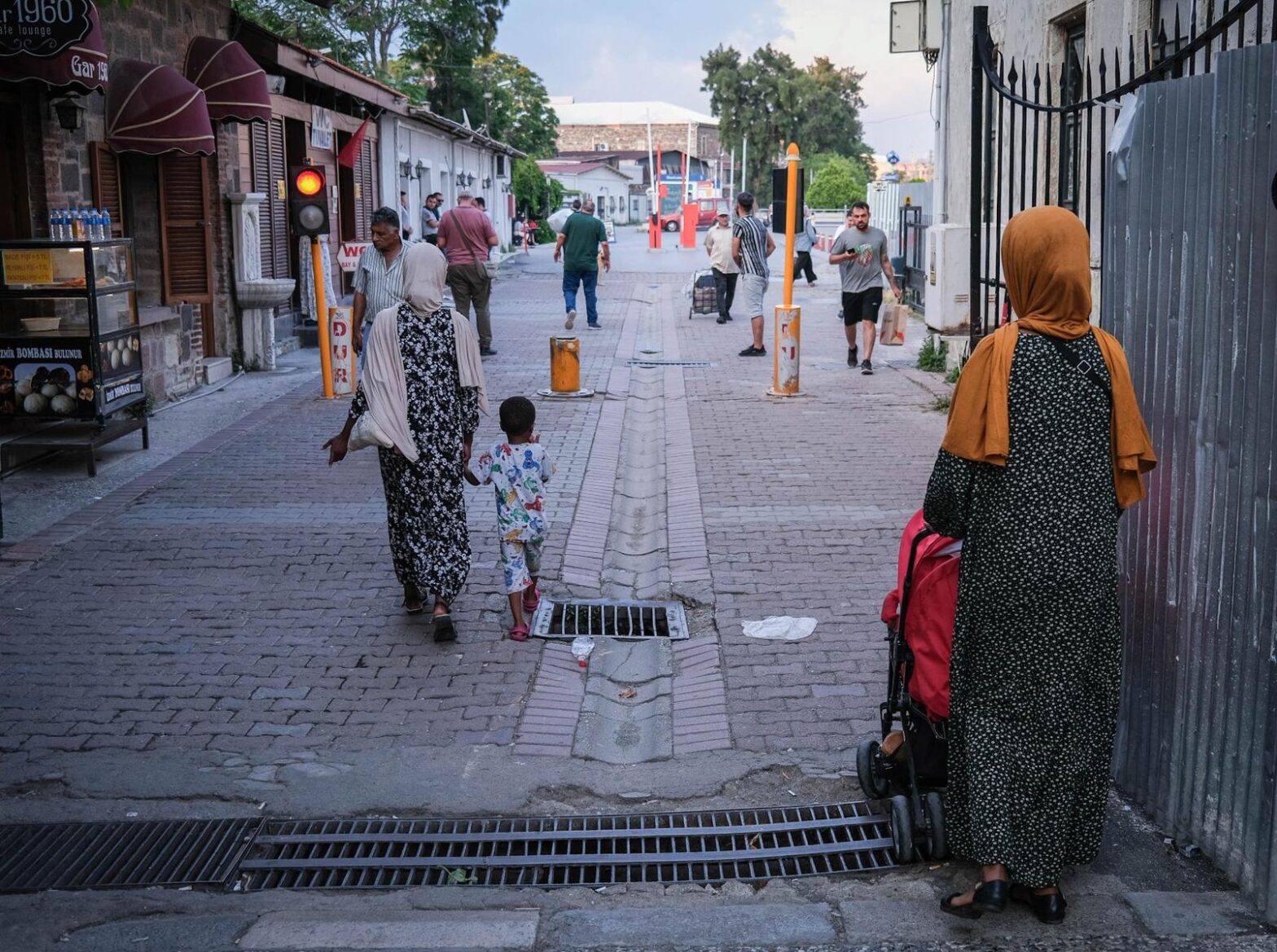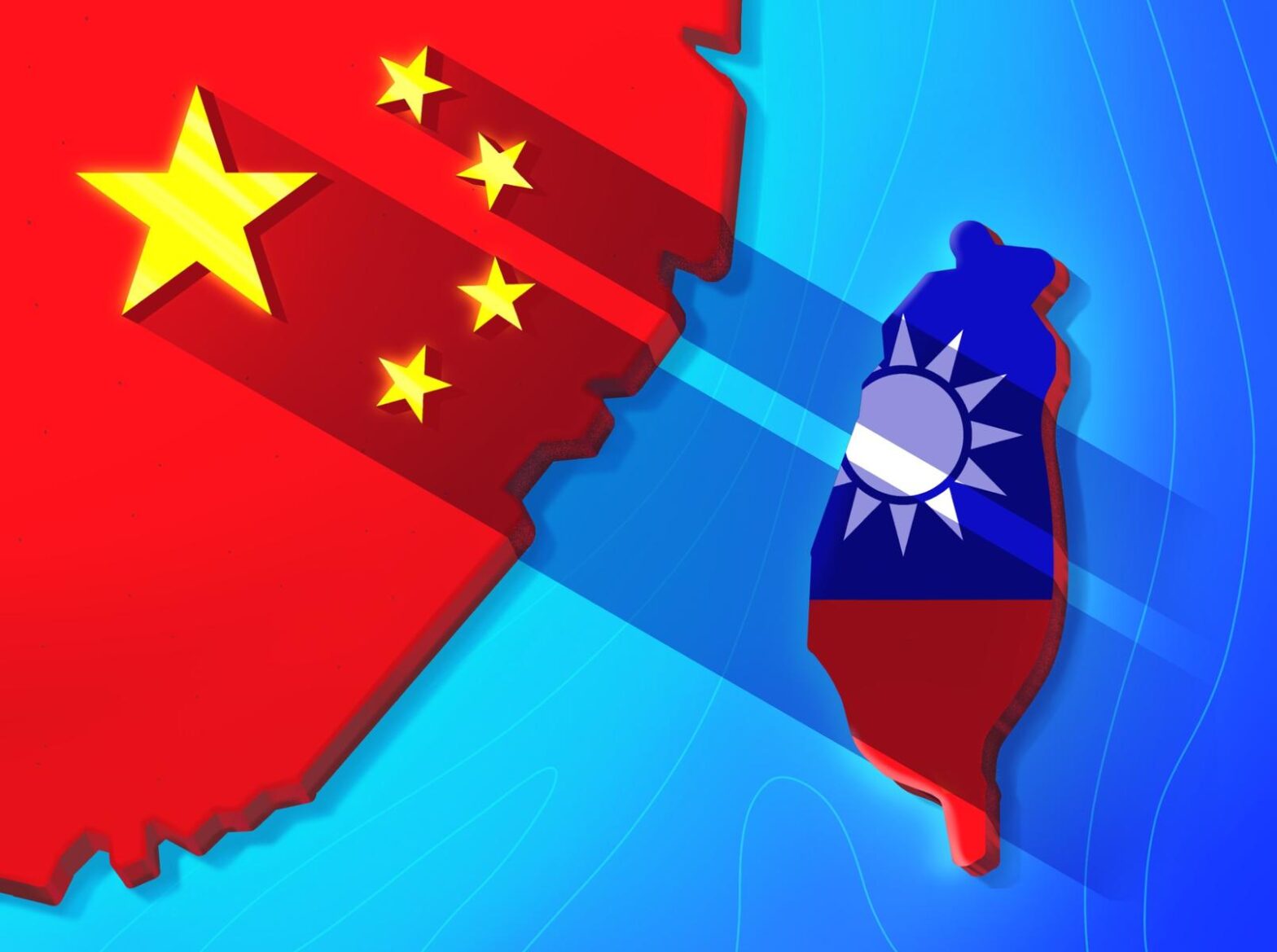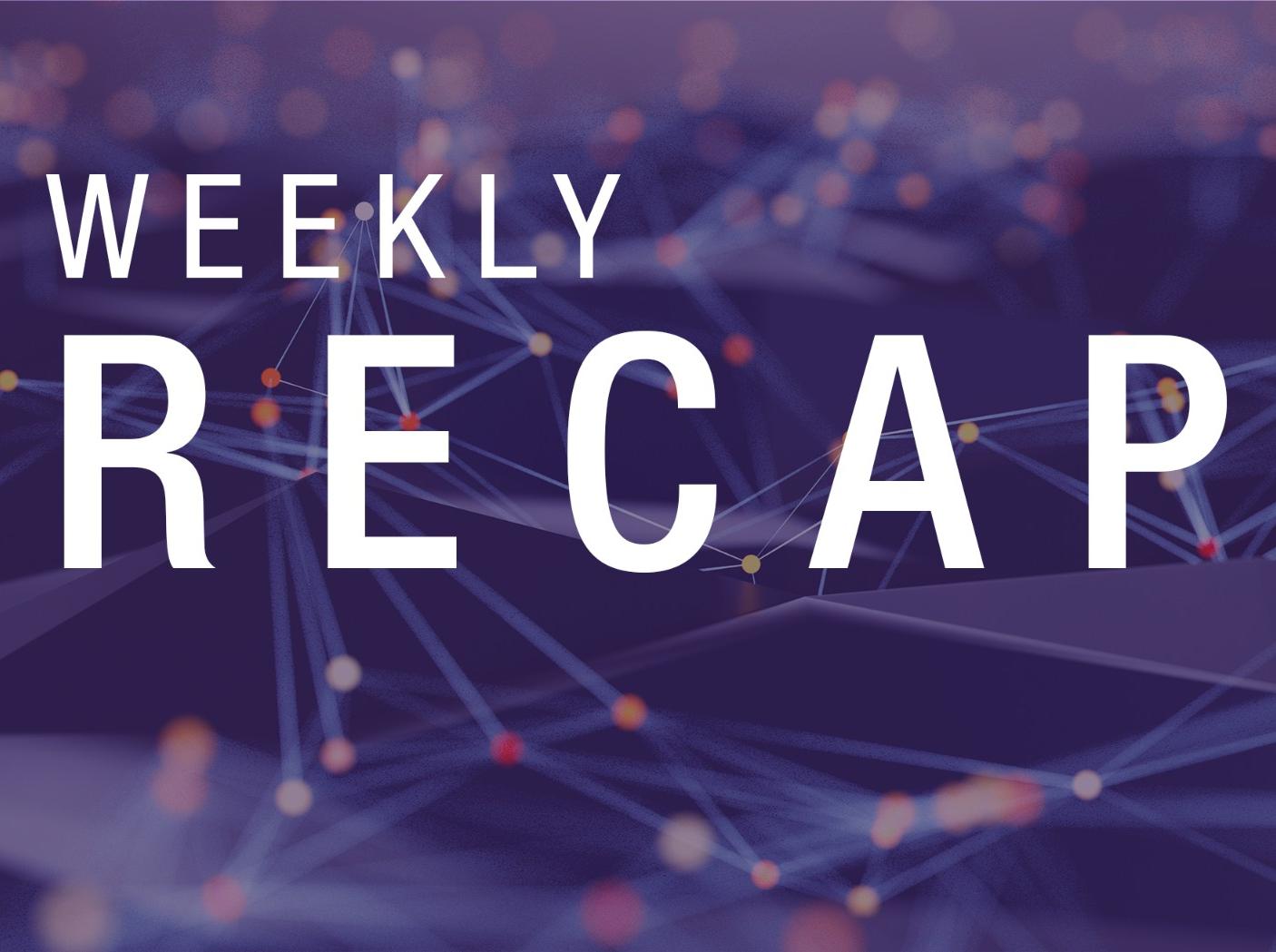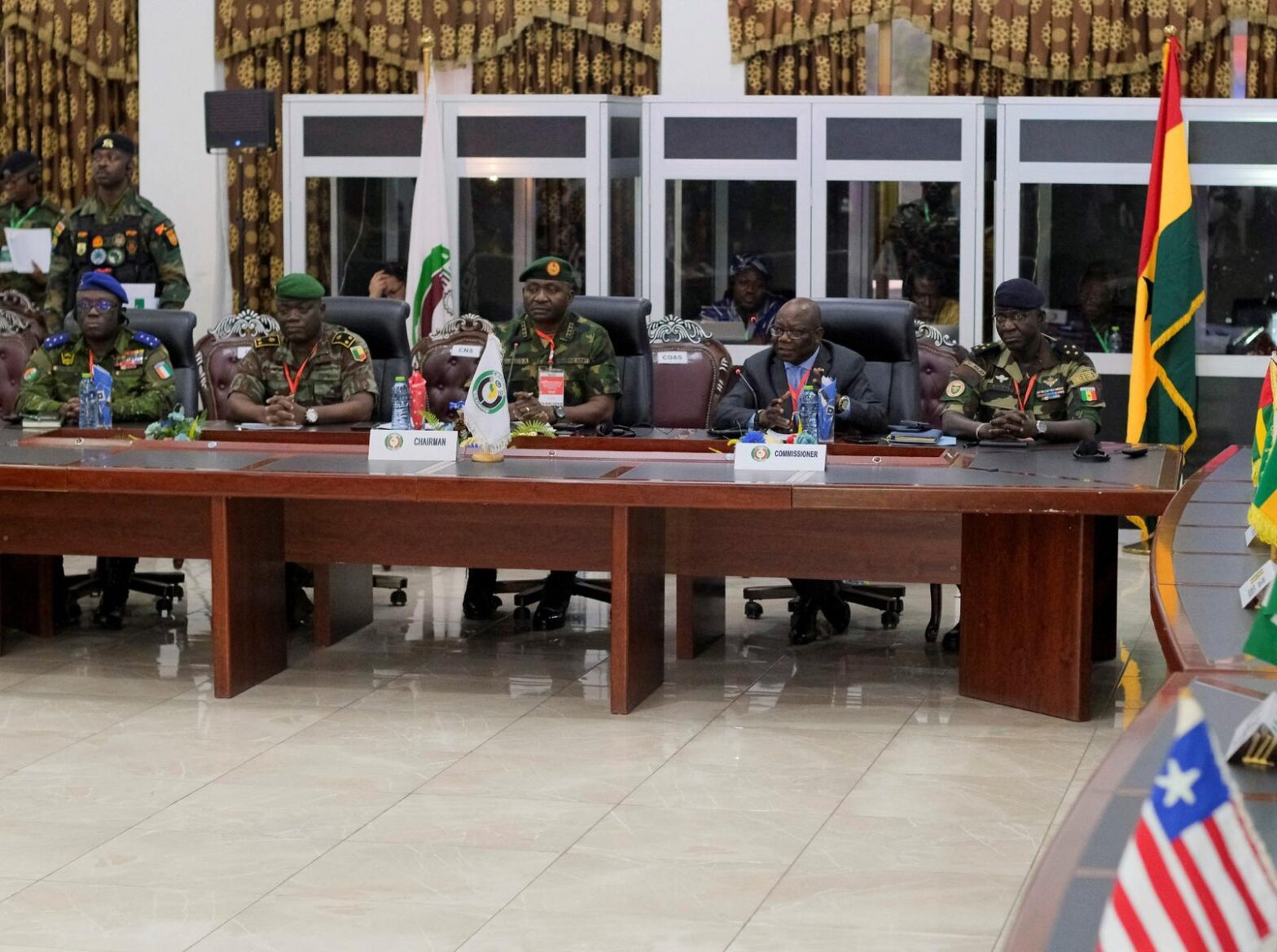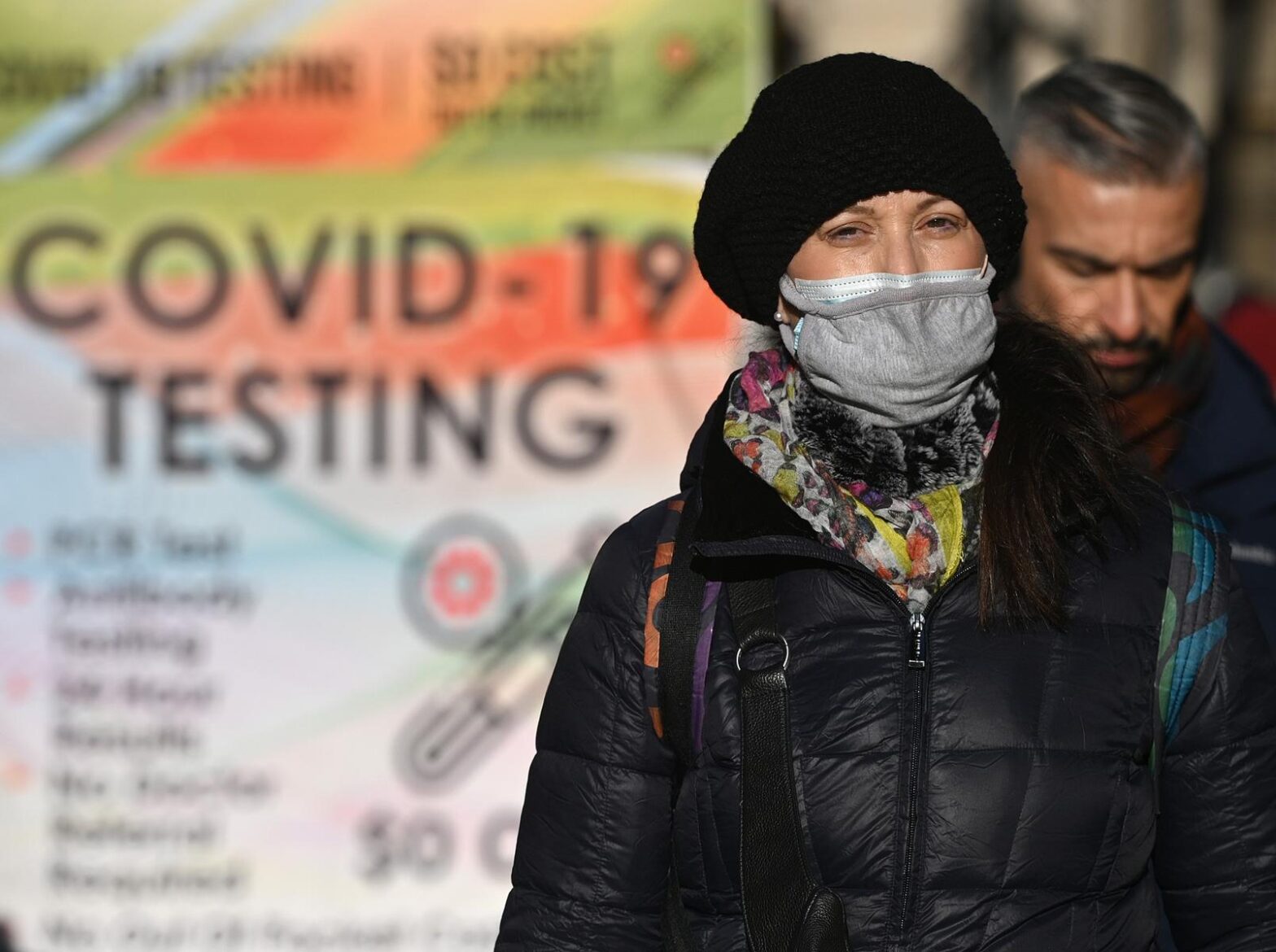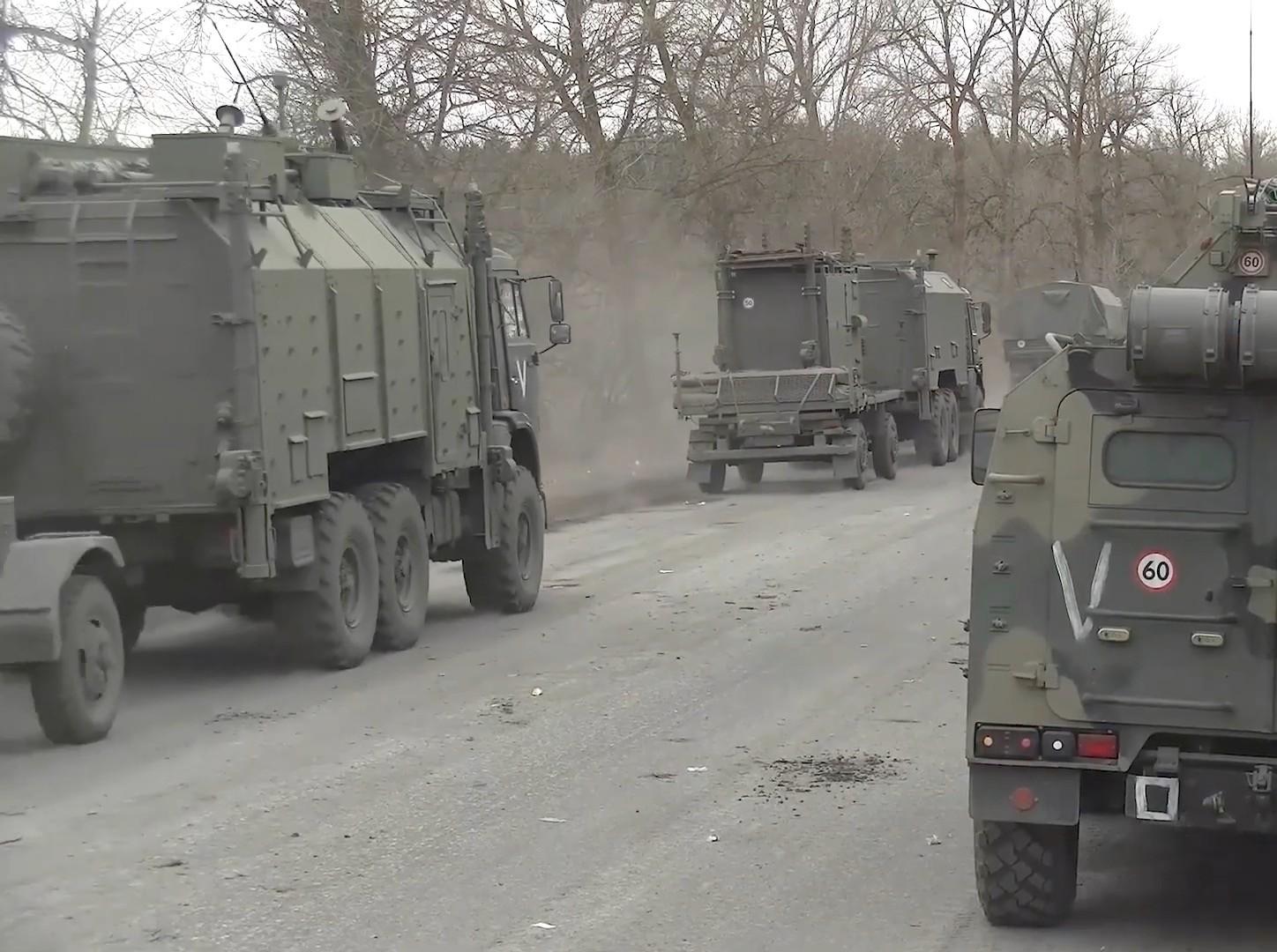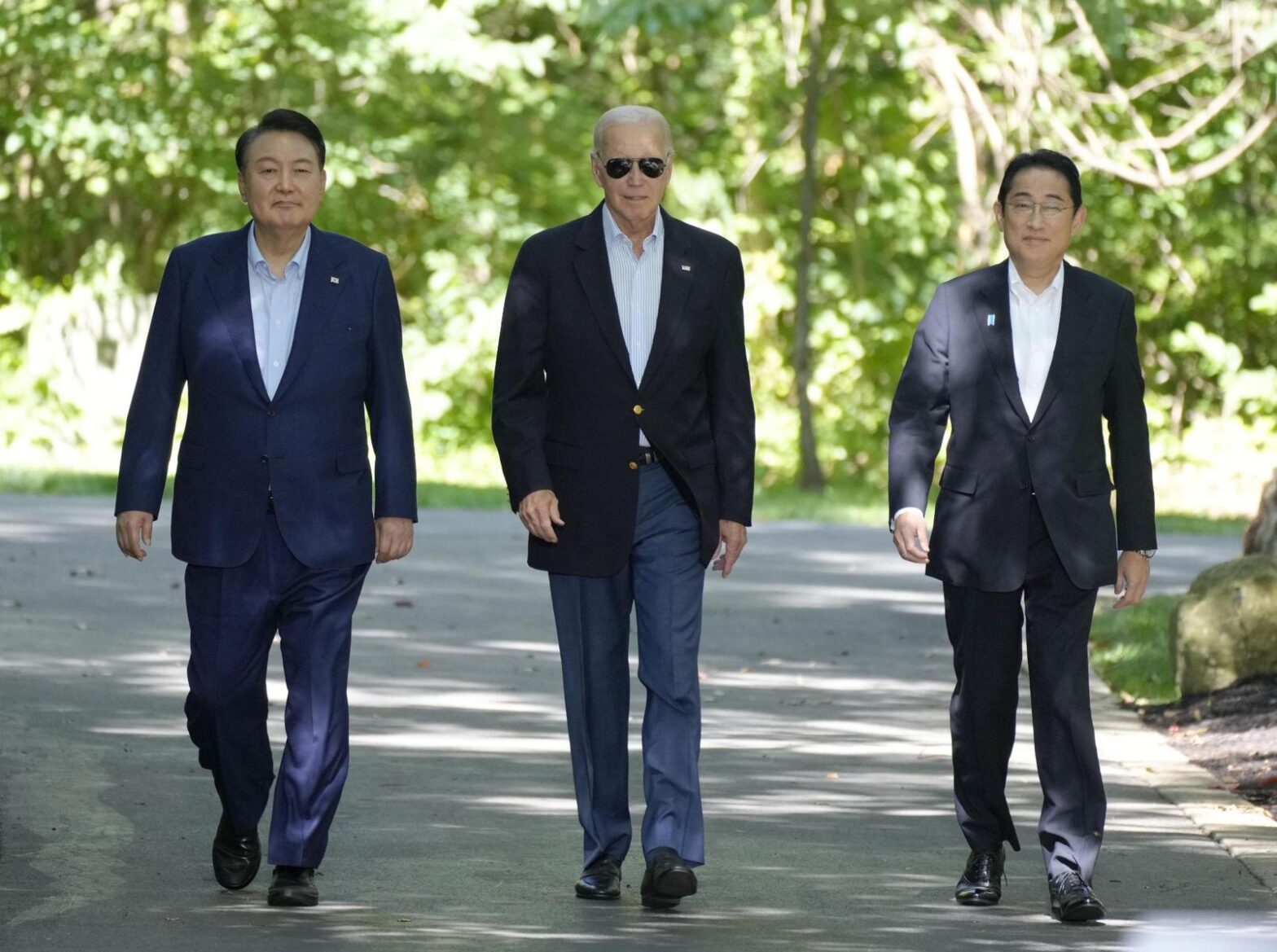As the intensifying strategic confrontation between the United States and China dominates many foreign-policy debates, another important competition is quietly playing out. The jostling between India and China for influence in South Asia—from the Himalayas to the islands off the subcontinent in the Indian Ocean—will likely prove crucial to the fate of Washington’s strategy to… Continue reading India Is Pushing Back Against China in South Asia
Tag: Intel
Is Believing Our Kids Are Safer Worth Closing Off Some of Their Futures?
Fifteen months after the tragedy in Uvalde, many school districts in Texas and around the country are working with their local police departments to place more police officers inside schools. These officers—mostly known as school resource officers—will arrive at a fraught time. Just a few years ago, after George Floyd’s murder, many districts ended their… Continue reading Is Believing Our Kids Are Safer Worth Closing Off Some of Their Futures?
Normalizing Assad Won’t Solve the Syrian Refugee Crisis
Middle Eastern leaders have been normalizing relations with Syrian President Bashar al-Assad and looking ahead to sending Syrian refugees back to their home country, but it is too early to begin repatriating the 5.5 million Syrians who fled the country to escape the fighting there. Turkey announced plans to repatriate a million Syrian refugees in… Continue reading Normalizing Assad Won’t Solve the Syrian Refugee Crisis
These Technologies Could Defeat China’s Missile Barrage and Defend Taiwan
Earlier this year, a group of experts from RAND and the Special Competitive Studies Project launched a new wargame effort around China’s invasion of Taiwan—but unlike most D.C.-based wargames, this effort heavily involved members of the commercial technology sector, in order to understand what near-term capabilities might be brought to bear on a Taiwan scenario.… Continue reading These Technologies Could Defeat China’s Missile Barrage and Defend Taiwan
The War in Ukraine, Income Share Agreements, the Tech ‘Cold War’: RAND Weekly Recap
This week, we discuss why comparing the war in Ukraine to World War I is misleading; income share agreements as an alternative to student loans; how India is edging out China in South Asia; how to plan ethical influence operations; parental involvement in schools; and the U.S.-China race for technological supremacy. Photo by Stringer/Reuters Many… Continue reading The War in Ukraine, Income Share Agreements, the Tech ‘Cold War’: RAND Weekly Recap
ECOWAS: In Need of Help in Niger?
News reports indicate that Nigerian President Bola Tinubu sought the national legislature’s backing for a possible military intervention by the Economic Community of West African States (ECOWAS) to turn back a coup that toppled the government of Nigerien President Mohamed Bazoum. An ECOWAS intervention would have a better chance of succeeding if other nations joined… Continue reading ECOWAS: In Need of Help in Niger?
Five Charts That Tell Us About the State of Public Education Right Now
A lot happens every year in U.S. public schools, and it can be hard to keep track of it all. To monitor trends in public education, the RAND Corporation fields over a dozen surveys annually to teachers, principals, and superintendents who are members of the American Educator Panels. These five charts taught us the most… Continue reading Five Charts That Tell Us About the State of Public Education Right Now
Pandemics Don’t Really End—They Echo
The public health emergency related to the COVID-19 pandemic officially ended on May 11, 2023. It was a purely administrative step. Viruses do not answer to government decrees. Reported numbers were declining, but then started coming up again during the summer. By August, hospital admissions climbed to more than 10,000 a week. This was nowhere… Continue reading Pandemics Don’t Really End—They Echo
China Ponders Russia’s Logistical Challenges in the Ukraine War
A saying attributed to General Omar Bradley notes that “amateurs talk strategy, professionals talk logistics.” Any attempt by China to use military force to seize Taiwan would be an immense logistical undertaking requiring moving large quantities of troops and materiel across the Taiwan Strait. What then, are Chinese observers learning from the logistical realm of… Continue reading China Ponders Russia’s Logistical Challenges in the Ukraine War
A Trilateral Summit to Deal with Trilateral Threats
U.S. President Joe Biden, South Korean President Yoon Suk-yeol, and Japanese Prime Minister Fumio Kishida in August held a trailblazing trilateral summit. The summit’s particular focus was on countering military threats in East Asia, and it hailed “a new era of trilateral partnership” in which the three countries “are determined to align our collective efforts… Continue reading A Trilateral Summit to Deal with Trilateral Threats
